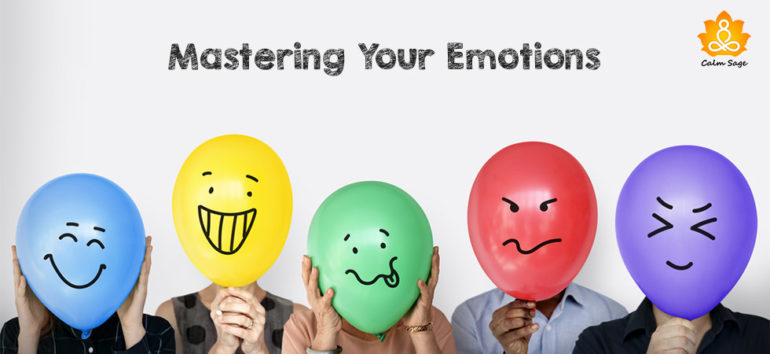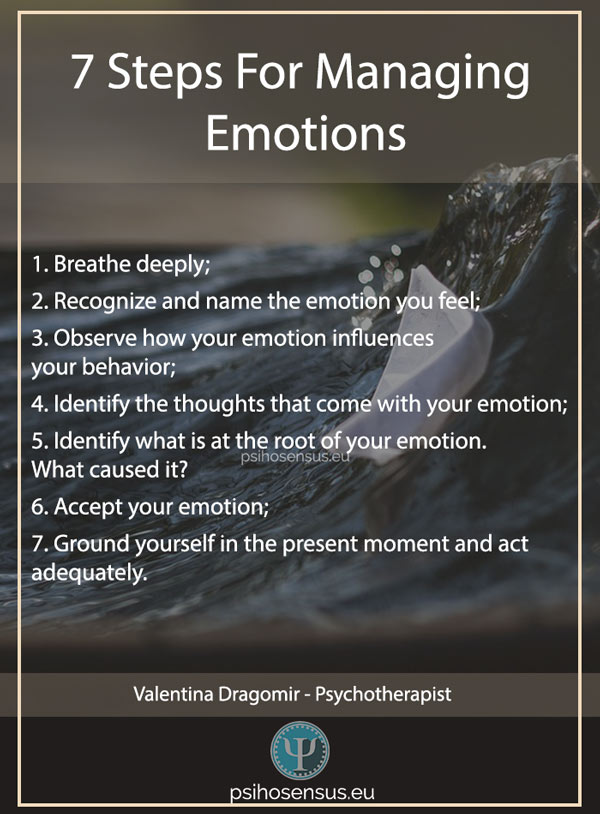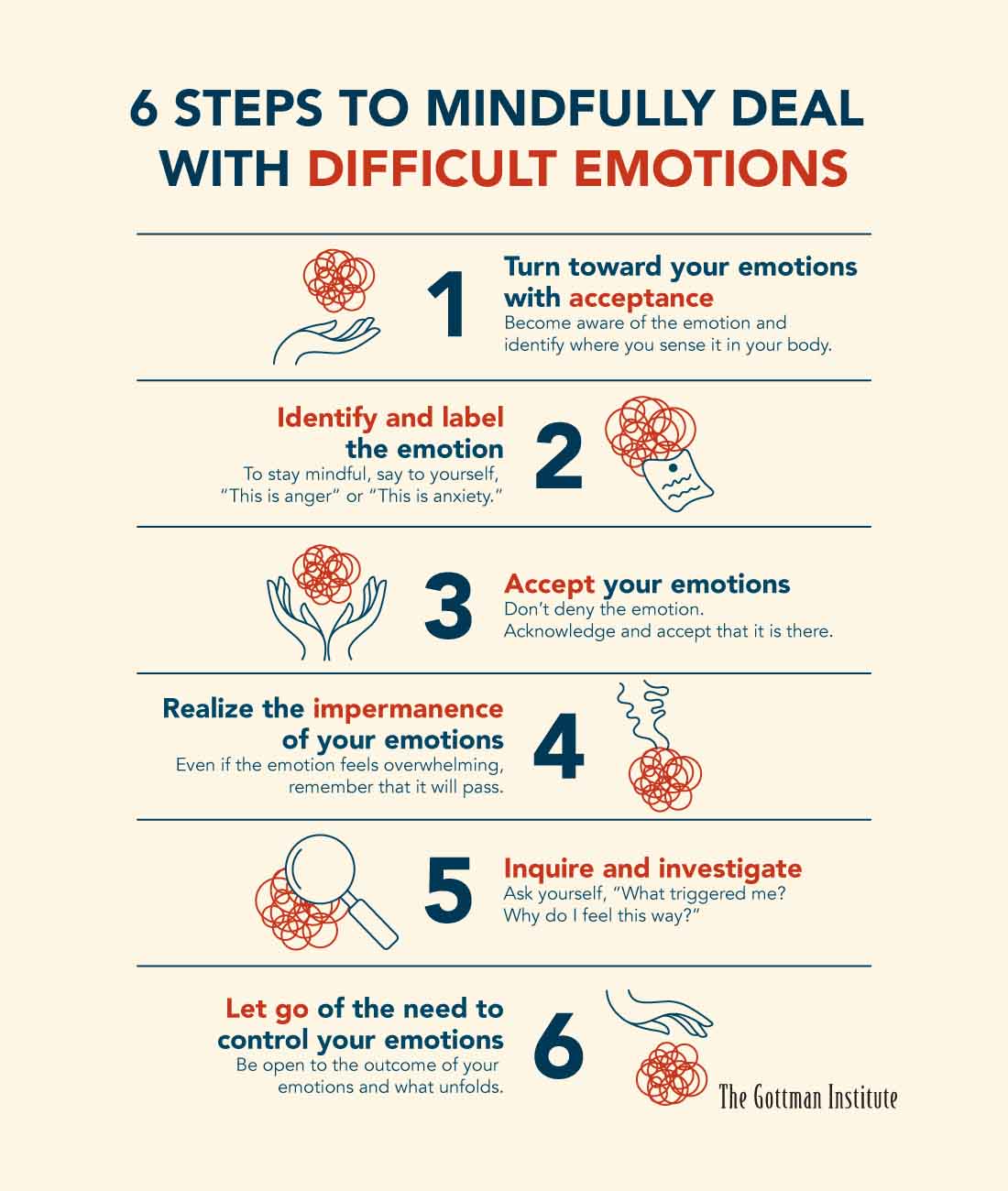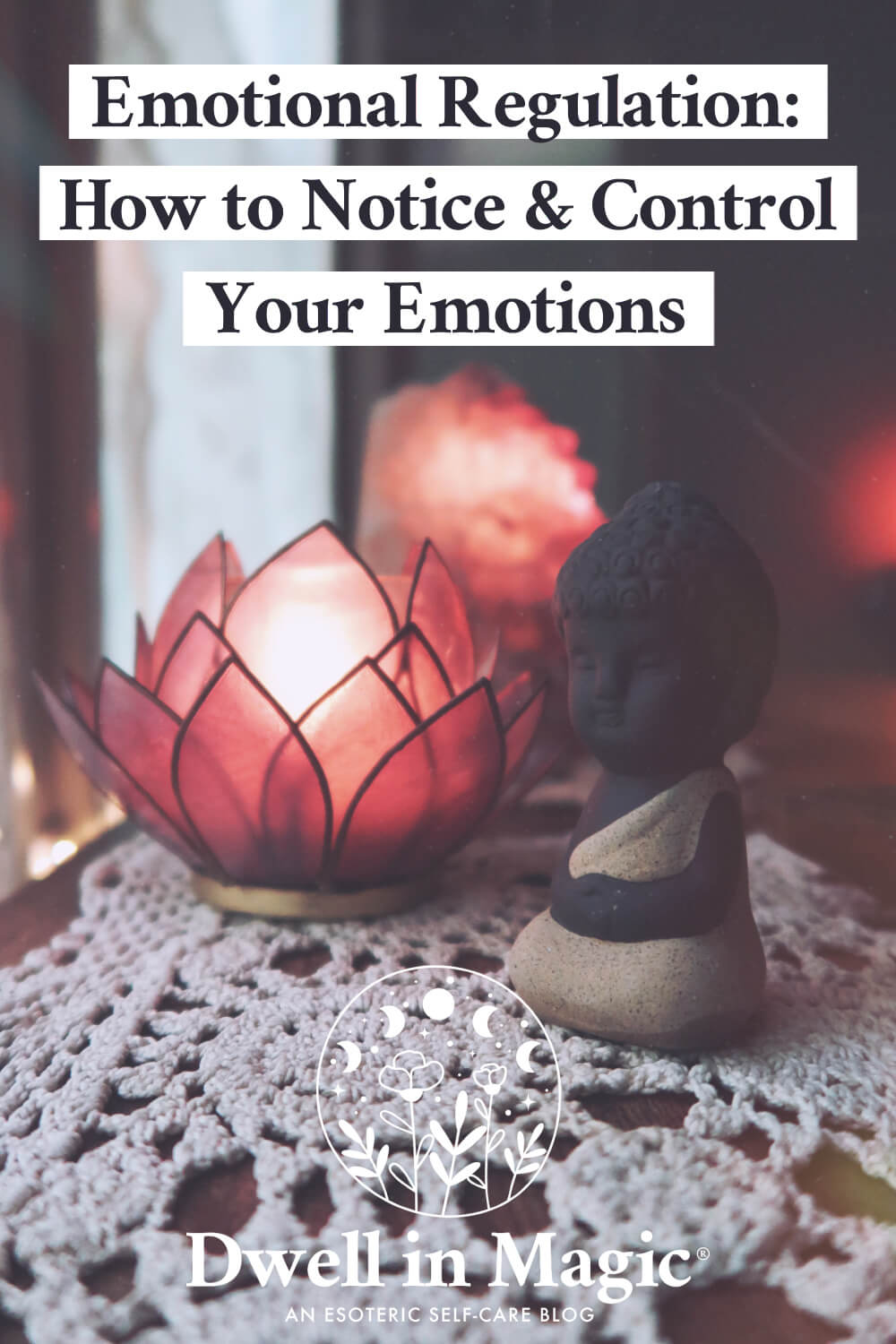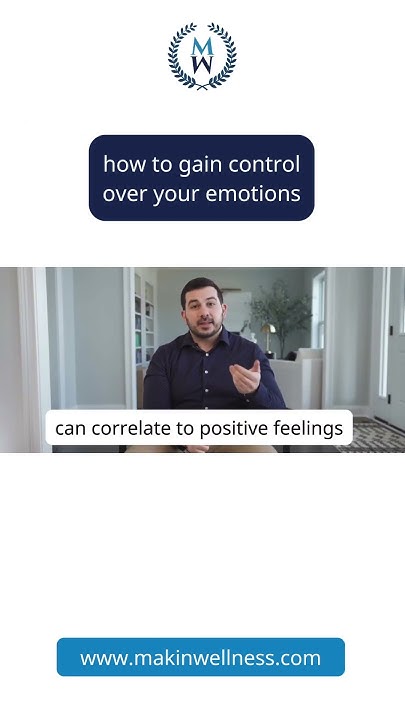How To Have Better Control Over Your Emotions
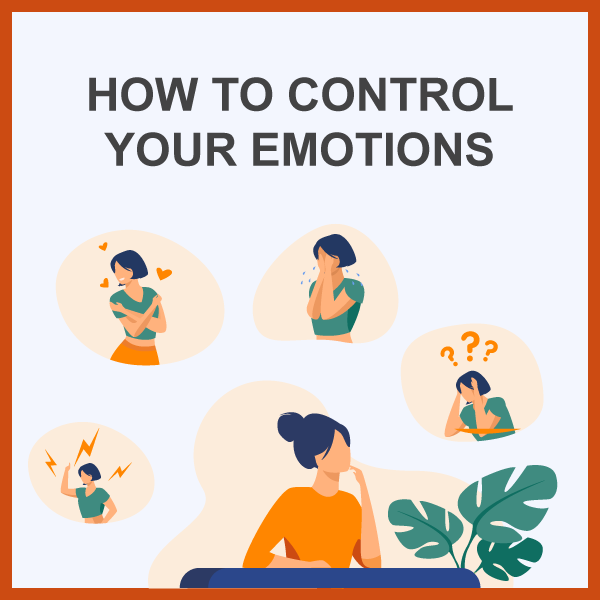
In today's fast-paced and often overwhelming world, mastering emotional regulation has become increasingly crucial for maintaining mental well-being and fostering healthy relationships.
The ability to understand and manage one's emotions, rather than being controlled by them, is a skill that can be developed and refined with practice and conscious effort.
This article explores evidence-based strategies and practical techniques for gaining better control over your emotional responses, leading to a more balanced and fulfilling life.
Understanding Emotional Regulation
Emotional regulation, at its core, is the ability to influence which emotions we have, when we have them, and how we experience and express these emotions.
According to the American Psychological Association, this process involves a range of skills, including identifying and labeling emotions, understanding the triggers that elicit them, and employing strategies to modulate their intensity and duration.
It's not about suppressing or avoiding emotions altogether, but rather learning to navigate them in a healthy and adaptive way.
Practical Strategies for Emotional Control
Several evidence-based techniques can be employed to enhance emotional regulation. Cognitive reappraisal, or reframing, involves changing the way you think about a situation to alter your emotional response.
For example, instead of viewing a setback as a personal failure, you might reframe it as a learning opportunity. This cognitive shift can significantly reduce feelings of anxiety and depression.
Another effective strategy is mindfulness meditation. This practice involves focusing on the present moment without judgment, allowing you to observe your emotions as they arise without getting carried away by them.
Regular mindfulness practice has been shown to reduce stress and improve emotional awareness, according to research published in the Journal of Consulting and Clinical Psychology.
Deep breathing exercises are also a powerful tool for managing emotional intensity. When faced with a stressful situation, taking slow, deep breaths can activate the parasympathetic nervous system, which helps to calm the body and mind.
Developing Emotional Awareness
Before you can effectively regulate your emotions, you must first be able to identify and understand them. This involves paying attention to the physical sensations, thoughts, and behaviors that accompany different emotional states.
Keeping a mood journal can be a helpful way to track your emotional experiences and identify patterns. By noting the situations, thoughts, and emotions that occur throughout the day, you can gain valuable insights into your emotional triggers and tendencies.
Robert Plutchik's Wheel of Emotions is another resource that can aid in labeling and understanding a wide range of emotions.
Seeking Professional Help
While self-help techniques can be beneficial, some individuals may require professional support to develop effective emotional regulation skills. Therapies such as Cognitive Behavioral Therapy (CBT) and Dialectical Behavior Therapy (DBT) are specifically designed to address emotional regulation difficulties.
CBT helps individuals identify and change negative thought patterns that contribute to emotional distress, while DBT teaches skills for managing emotions, tolerating distress, and improving interpersonal relationships.
The National Institute of Mental Health (NIMH) provides resources and information on mental health professionals who specialize in these therapies.
The Impact of Emotional Regulation
Improved emotional regulation has far-reaching benefits for both individuals and society. Strong emotional regulation skills can lead to better relationships, improved academic and professional performance, and reduced risk of mental health disorders.
Furthermore, individuals who are able to manage their emotions effectively are better equipped to cope with stress, adversity, and trauma. According to a study by Gross and Thompson (2007), emotional regulation is linked to greater life satisfaction and overall well-being.
By prioritizing emotional regulation, we can create a more compassionate and resilient society.
Ultimately, mastering emotional control is a journey, not a destination. It requires ongoing effort, self-compassion, and a willingness to learn and grow. By incorporating these strategies into your daily life, you can cultivate greater emotional resilience and create a more fulfilling and meaningful existence.







